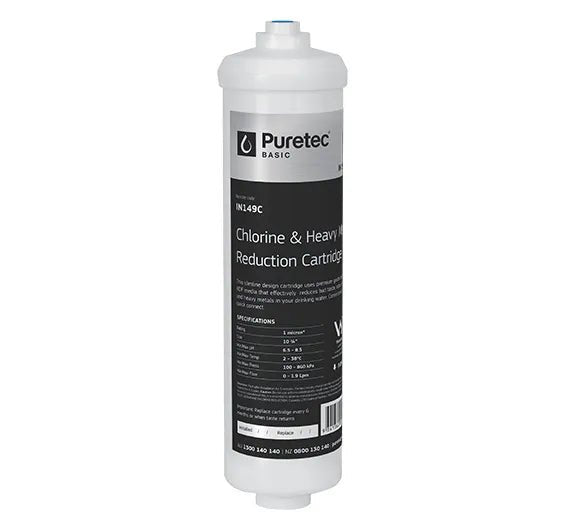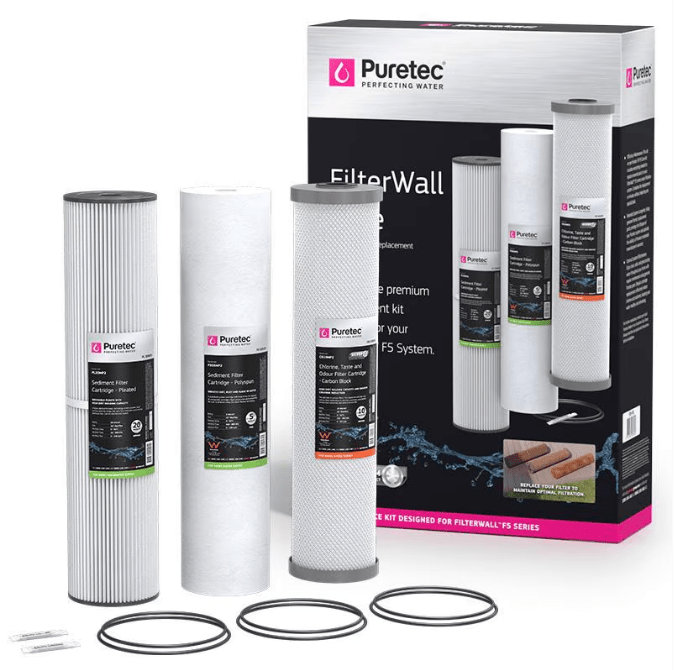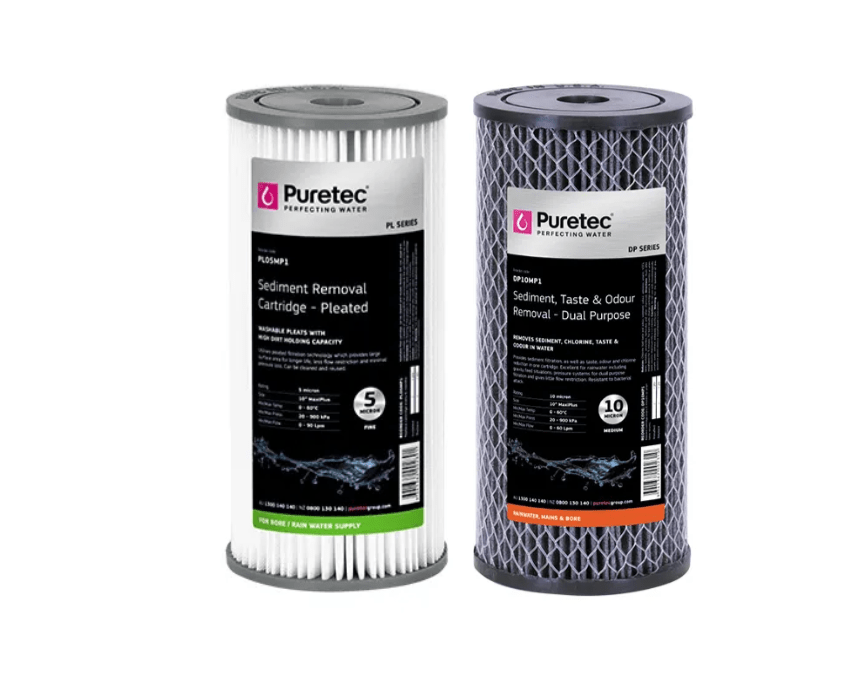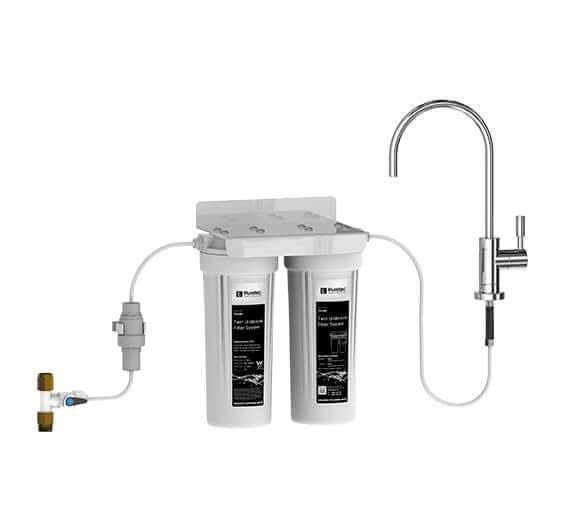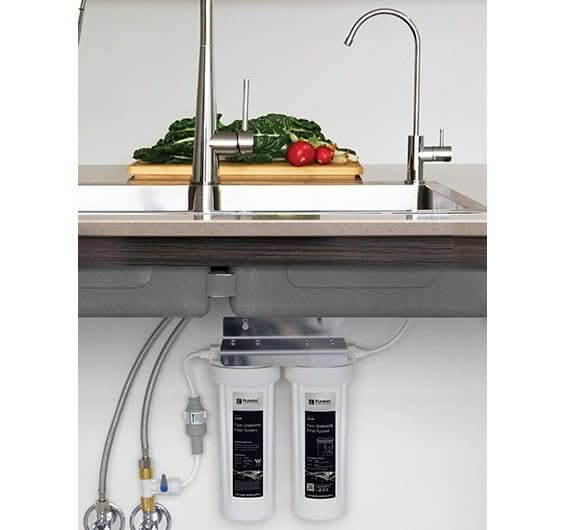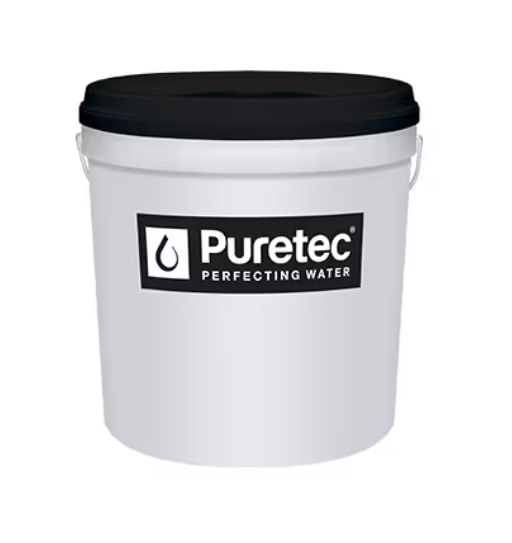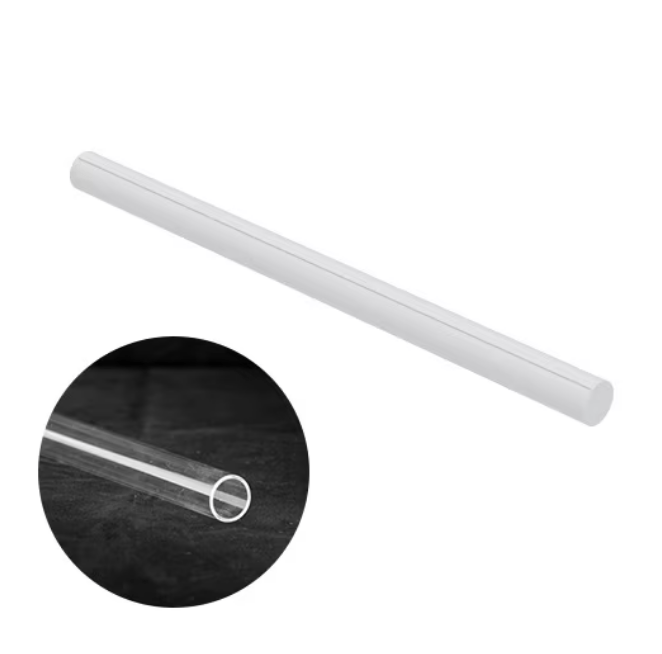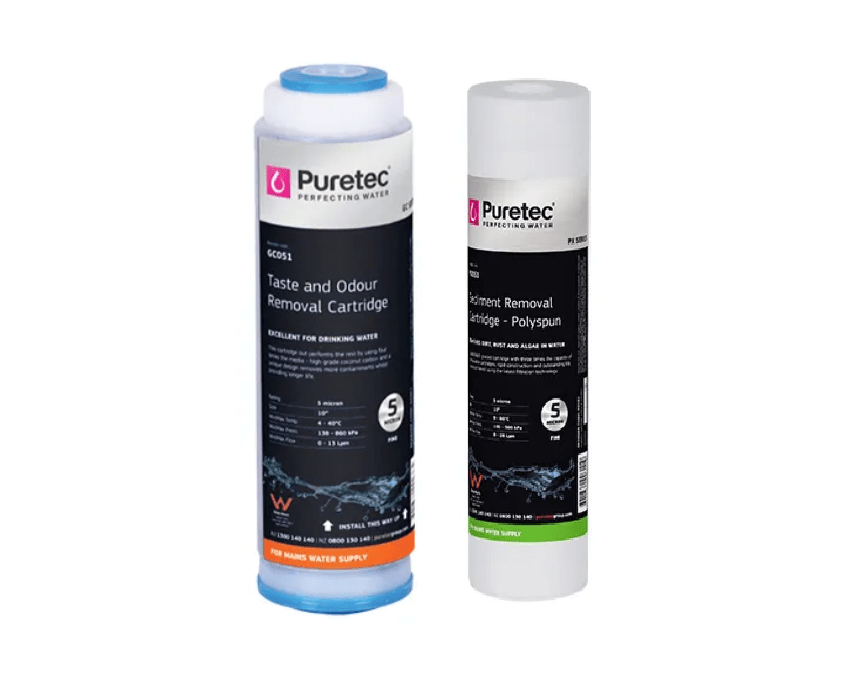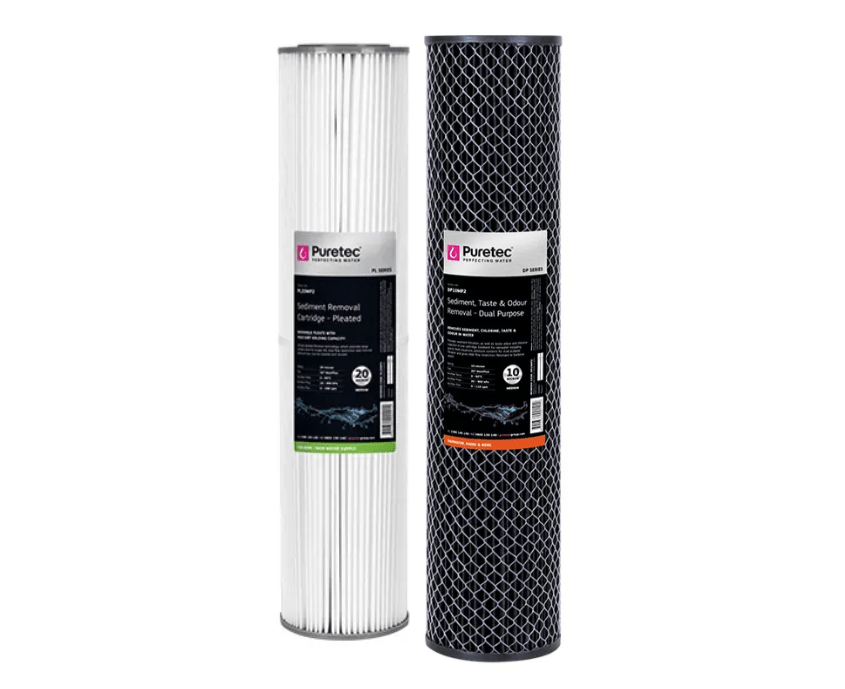Want clean, fresh-tasting water straight from your tap? Whether you're considering a whole house filtration system, a kitchen water filter, or reverse osmosis, this guide breaks down everything you need to know to choose the best water filter for your home.
💧 Why Use a Water Filter?
✅ Removes Contaminants – Say goodbye to chlorine, bacteria, heavy metals & pesticides.
✅ Improves Taste & Odor – Enjoy fresh, crisp water without unpleasant smells.
✅ Protects Your Health – Reduces exposure to chemicals like fluoride & VOCs.
✅ Saves Money – No need to buy bottled water – save up to $2,000 per year!
✅ Eco-Friendly – Reduce plastic waste from single-use water bottles.
🔎 What’s the best water filter for you? Let’s find out!
🚰 Types of Water Filters
Different filtration systems remove different contaminants. Here’s a quick breakdown:
1️⃣ Whole House Water Filters
✔ Filters all water entering your home – clean water from every tap.
✔ Removes chlorine, sediment, & heavy metals – protects appliances from scale buildup.
✔ Perfect for households with multiple bathrooms & high water usage.
💡 Best for: Families who want clean water for drinking, cooking, & bathing.
2️⃣ Reverse Osmosis (RO) Filters
✔ Removes up to 99% of contaminants – including fluoride, lead, arsenic & bacteria.
✔ Delivers ultra-pure drinking water – perfect for sensitive users & health-conscious families.
✔ Requires installation under the sink – needs regular filter replacements.
💡 Best for: Households needing the highest level of water purity.
3️⃣ Activated Carbon Filters
✔ Improves taste & removes chlorine – enjoy fresher, cleaner water.
✔ Affordable & easy to maintain – great for everyday use.
✔ Available as under-sink, countertop, or whole-house systems.
💡 Best for: People wanting a simple solution for better-tasting water.
4️⃣ UV Water Purification
✔ Kills 99.99% of bacteria & viruses – perfect for rainwater or bore water.
✔ Chemical-free water treatment – uses ultraviolet light instead of chlorine.
✔ Works best alongside a sediment or carbon filter.
💡 Best for: Homes using rainwater tanks or areas with high bacteria levels.
5️⃣ Countertop & Faucet Filters
✔ Easy to install – no plumbing needed.
✔ Affordable & effective – great for renters or small households.
✔ Removes chlorine & basic contaminants but not heavy metals.
💡 Best for: Renters & budget-conscious households.
🏡 How to Choose the Right Water Filter for Your Home
🔹 Test Your Water – Find out what contaminants are in your tap water.
🔹 Consider Your Needs – Drinking water only, or whole-house filtration?
🔹 Look at Installation & Maintenance – Some filters need professional setup.
🔹 Set a Budget – Some systems cost more upfront but save money in the long run.
🛠 Installation & Maintenance
✅ DIY-Friendly Options – Many countertop & under-sink filters are easy to install.
✅ Professional Installation Available – Whole house & RO systems may require a plumber.
✅ Regular Filter Changes – Keep your water clean & safe by replacing filters every 6-12 months.
🌏 Eco-Friendly & Cost-Saving Benefits
💰 Save Money – Switching to a home water filter can save a family up to $2,000 per year.
🌿 Reduce Plastic Waste – A single water filter can replace 13,000 plastic bottles!
🔋 Energy Efficient – Many systems use little to no electricity.
💡 Invest in cleaner water & a greener planet!
⭐ What Customers Say About Water Filters
🌟 "Best investment ever! No more chlorine taste in my water!" – Jessica, NSW
🌟 "The reverse osmosis system is a game-changer. Water tastes so pure!" – Mark, QLD
🌟 "Installed a whole house filter, and now our showers feel amazing!" – Emma, VIC
💡 Join thousands of happy customers enjoying cleaner, healthier water!
🛒 Find the Best Water Filter for Your Home
✅ Enjoy fresh, clean water on demand.
✅ Protect your family's health from contaminants.
✅ Save money & help reduce plastic waste.














